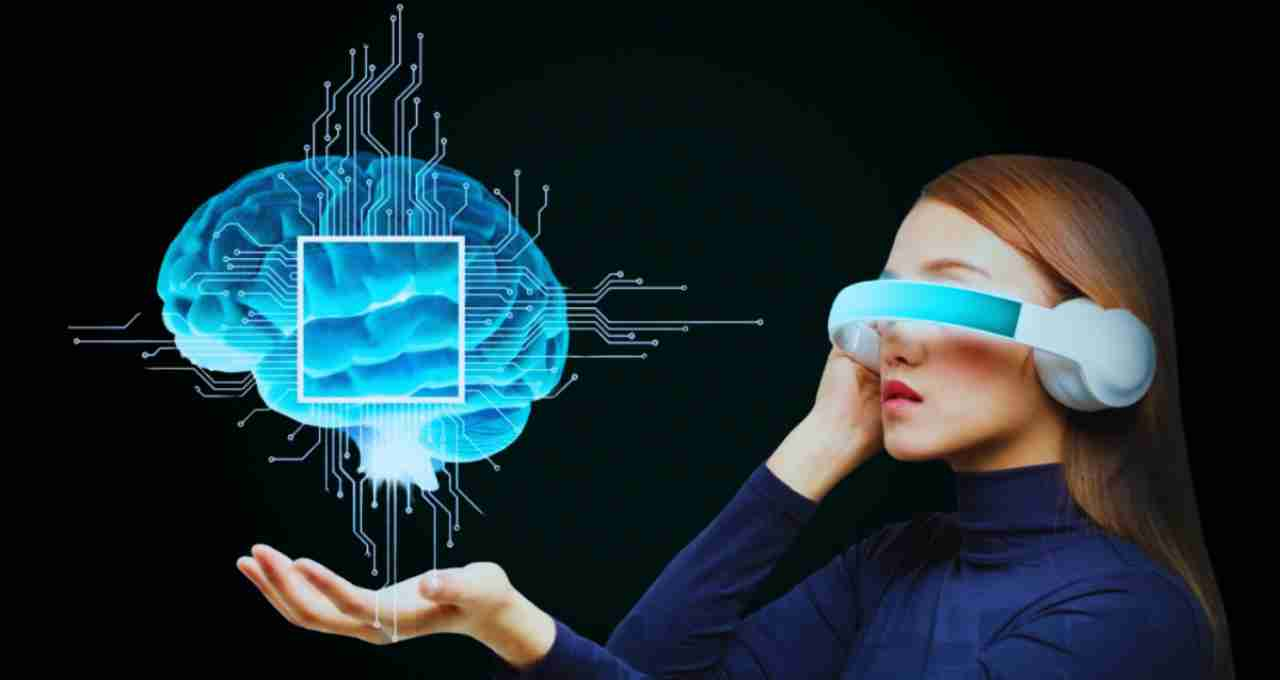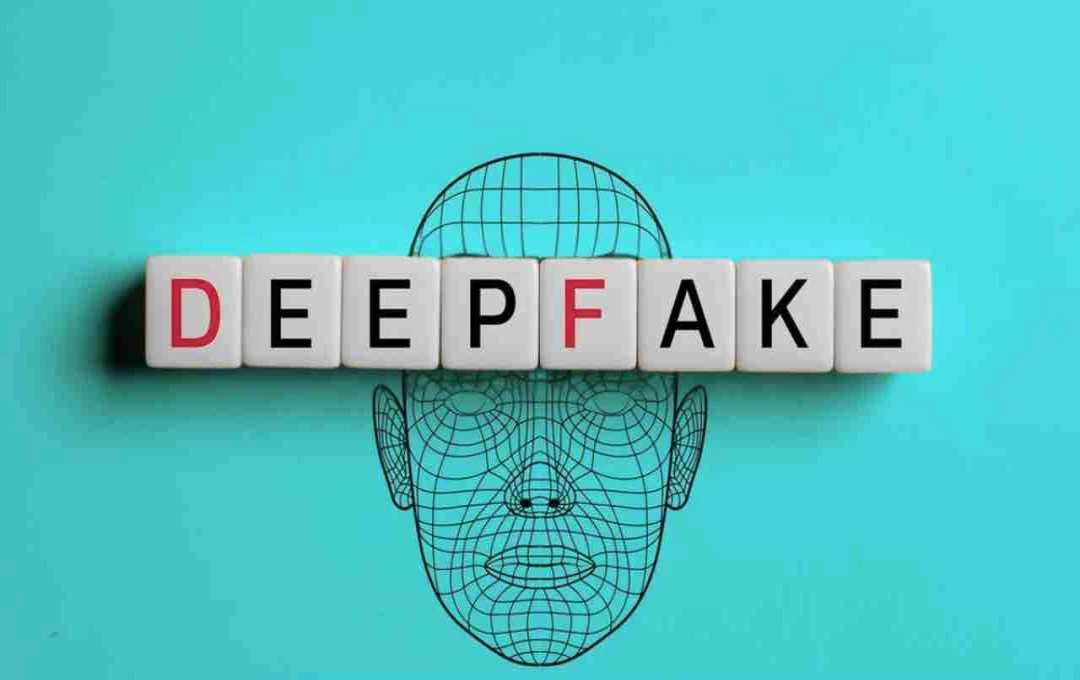The rapid advancement of Artificial Intelligence (AI) suggests the coming decade will fundamentally reshape technology and the job market. Demis Hassabis, CEO of Google DeepMind, recently made a significant announcement at the Google I/O 2025 conference, stating his research lab is only ten years away from achieving Artificial General Intelligence (AGI). He offered college students a clear message: embrace AI, don't fear it.
Hassabis envisions AGI as machine intelligence capable of human-level thinking and reasoning, poised to revolutionize workplaces, education, and every facet of industry. However, he emphasized identifying and leveraging the opportunities inherent in AI rather than focusing on its potential risks.
What is AGI, and why is it generating so much discussion?
While we've all been witnessing and utilizing AI (Artificial Intelligence) for some time, AGI represents a far more advanced form. AGI will be machine intelligence capable of performing any human task at a comparable level. It won't be merely task-based but will possess the ability to learn, reason, and make decisions independently.
According to Demis Hassabis, DeepMind's team is rapidly progressing towards this goal, aiming to make AGI a reality within the next ten years. If successful, this would be considered the most significant achievement in the history of AI.
Hassabis's advice to students: Engage with AI, learn, and prepare yourselves.

Demis Hassabis specifically urged college students to prepare themselves for the evolving technological landscape. He highlighted that young people who acquire AI-related skills, such as generative AI, data analytics, machine learning, and NLP tools, will be better positioned for future success. Hassabis believes that consistent use and experimentation with AI tools help us understand how AI functions and its capabilities.
Hassabis stated, "The more you experiment with AI tools, the quicker you'll grasp AI's strengths and limitations." He also noted that continuous work with AI tools allows users to discover more efficient methods and innovative applications. This approach enables students to better prepare for the jobs of the future.
Will AI eliminate jobs?
Many young people worry about AI taking their jobs. DeepMind's CEO explained that while some existing jobs may become obsolete due to technological advancements, new and improved job opportunities will emerge. This transition will bring new possibilities.
He predicts the creation of new jobs within the next 5 to 10 years, many of which are currently unknown. These roles will likely be found in fields such as data science, AI training, ethics monitoring, virtual reality, and quantum computing.
VR, AR, and Quantum Computing highlighted as crucial aspects of the future.

Alongside AI, Demis Hassabis, CEO of DeepMind, identified virtual reality (VR), augmented reality (AR), and quantum computing as crucial areas for the future. He believes these technologies will fundamentally alter our daily lives and work practices. Hassabis stated, "These are not just technologies; they will be central to future jobs, demanding creative thinking and technological skills." These fields will unlock new opportunities and career paths for young people.
Opportunities hidden within times of change.
Hassabis pointed out that significant changes often bring fear. However, he emphasized that periods of transformation also present substantial opportunities. Instead of fearing AI, we should embrace it and prepare ourselves accordingly. He concluded, "The most vital skill for today's students and professionals is the ability to identify opportunities within change. Those who do so will succeed and progress in the future."
The era of generative AI began with ChatGPT.
This AI revolution can be traced back to OpenAI's launch of ChatGPT in 2022. Since then, generative AI has accelerated rapidly. Whether it's text generation, image creation, music composition, or coding, AI tools have simplified and expedited human tasks.















